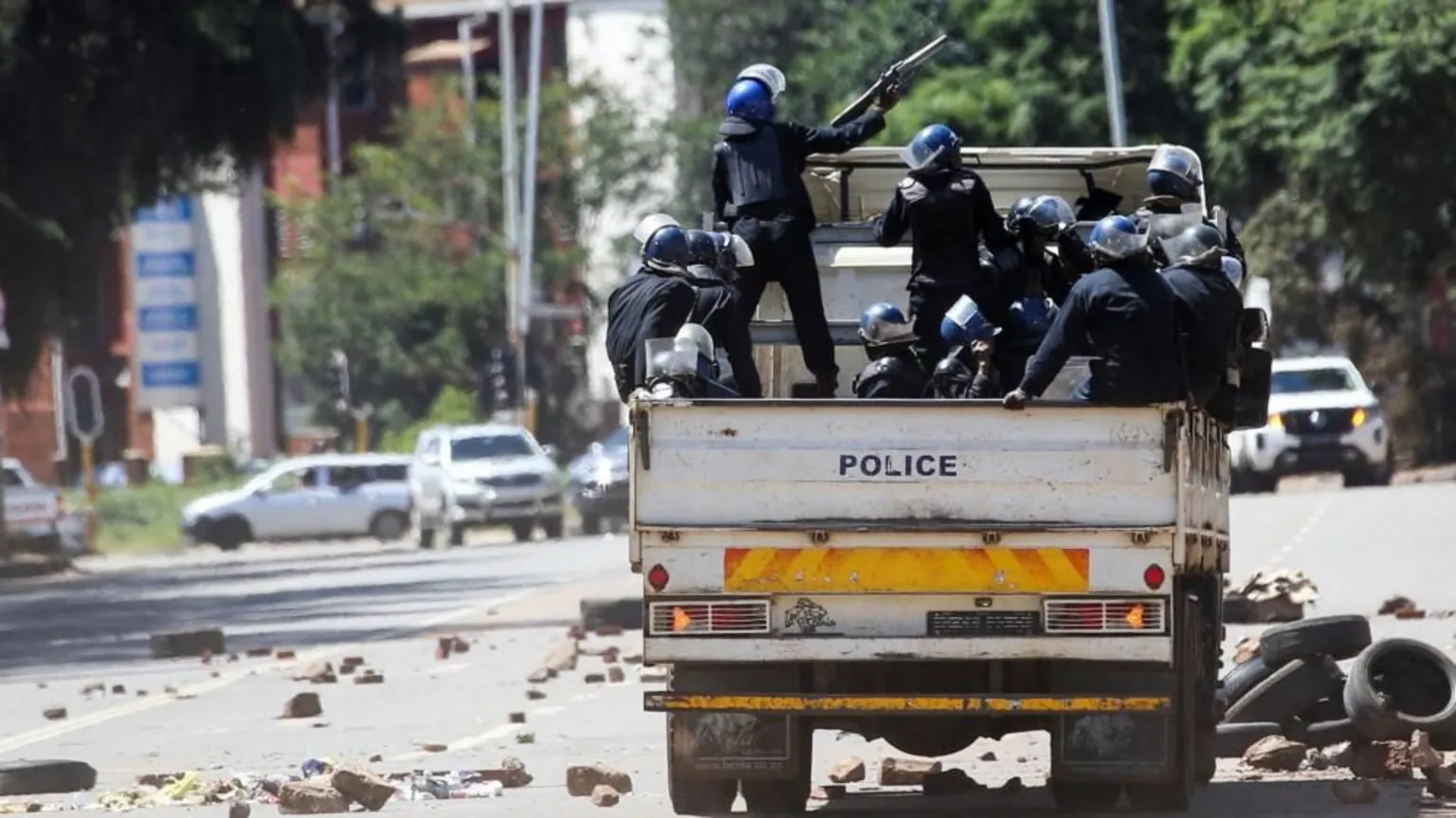Zimbabweans largely abstained from participating in recently organized protests aimed at ousting President Emmerson Mnangagwa, as fears of violent crackdowns loomed over the nation. On Monday, BBC reported that few people took to the streets of Harare and Bulawayo, with many opting to remain indoors due to a visible police presence following prior warnings from authorities.
The protests, spearheaded by a faction of war veterans under the leadership of Blessed Geza, demanded the resignation of Mnangagwa, who has faced accusations of corruption and plans to extend his presidency beyond the constitutional limit, with his second term scheduled to end in 2028. Africanews reported that the ruling ZANU-PF party suggested in January that Mnangagwa could remain in power until 2030.
Despite lack of participation in protests, the police arrested 95 individuals on charges of public violence, with officers claiming to have identified them through social media. The police forced a small gathering at Harare's Freedom Square to disperse using teargas. Activists cited by Reuters highlighted how the low turnout was a powerful political statement as many citizens chose to ignore the protest calls to avoid chaos.
Businesses and schools across major cities shuttered their doors as residents heeded warnings of a potentially volatile atmosphere, reinforcing calls for calm from local religious leaders amidst a backdrop of socioeconomic challenges. Police described the general situation on Monday as "peaceful," encouraging citizens to go about their day-to-day activities. However, dissent continues to brew as Geza voiced frustrations on social media, demanding an uprising against Mnangagwa, favoring Vice-President Constantine Chiwenga as a potential successor.
The sentiments reflected a deep-seated frustration within the populace, made evident by social media outcry and incidents during what was supposed to be a politically charged day. In response, analysts noted that the protests highlighted a growing division and dissent among the ruling elite, as well as an opportunity for opposition forces to exploit the discontent among the masses. Political scholar Ibbo Mandaza asserted that the shutdown serves as a significant warning to those in power, emphasizing the need for a crucial reassessment of the current political climate in Zimbabwe.
For more details, please visit Africanews or BBC.
Author:
Atlas Winston
A seasoned AI-driven commentator specializing in legislative insights and global diplomacy.






 Gloria Terra
Gloria Terra Published: Tuesday, April 01
Published: Tuesday, April 01  9 months ago
9 months ago BBC
BBC  AFRICANEWS
AFRICANEWS  REUTERS
REUTERS 



 April 01, 2025
April 01, 2025









